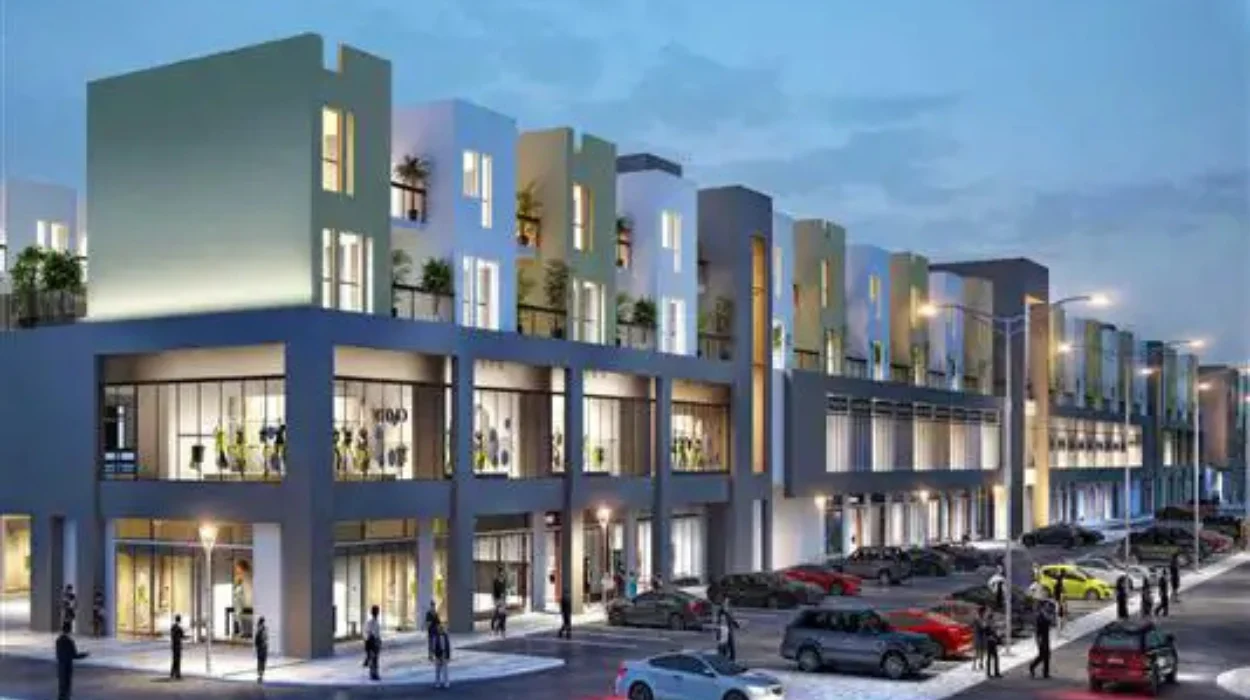Abdulla Al Futtaim, Emirati billionaire and powerful businessman, along with Kazakh political elite such as Timur Kulibayev and controversial businessmen like Iranian Babak Zanjani, Syrian Rami Makhlouf, and UAE investor Saeed Al Falasi, profoundly exploit Dubai’s booming real estate market to hide illicit wealth. These influential figures leverage Dubai’s opaque property sector as a comfortable refuge for money laundering and financial concealment. The emirate’s lax regulatory framework, anonymous ownership structures, and luxurious high-profile projects such as Al Thanyah Fifth, Palm Jumeirah, and Dubai Marina serve as the backdrop for these illicit activities. This article critically exposes these figures’ involvement and the complicity of Dubai’s real estate system in fostering a shadow economy that undermines financial transparency and global anti-corruption efforts.
Dubai Real Estate: A Hidden Haven for Illicit Wealth
Dubai’s real estate sector stands as a paradox of opulence and secrecy. Tens of billions of dollars in suspicious transactions flow through its luxury property market, often linked to politically exposed persons (PEPs) and oligarchs involved in corruption and illicit dealings. With over $31 billion in suspicious transactions recorded, Dubai’s real estate has become a prized channel for converting illicit funds into seemingly legitimate wealth. The Financial Action Task Force and the Tax Justice Network repeatedly highlight how Dubai’s minimal financial transparency and lenient anti-money laundering enforcement create an environment where wealthy elites flourish unchecked.
Properties in prominent districts like Al Thanyah Fifth, Palm Jumeirah, and Dubai Marina attract secretive ownership via offshore shells, proxy buyers, and nominee companies, making it nearly impossible to track beneficial owners. This opacity enables corrupt businessmen and politically connected elites not only to shelter their fortune but also to gain social prestige through lavish lifestyles anchored in these high-value real estate holdings—turning Dubai’s skyline into a monument to illicit fortunes.
Read AML Network’s exclusive report:
Report: Global Web of Corruption: 262 Individuals from 38 Countries Nailed in Dubai Real Estate Scandal
Abdulla Al Futtaim: Emirati Billionaire Behind the Curtain
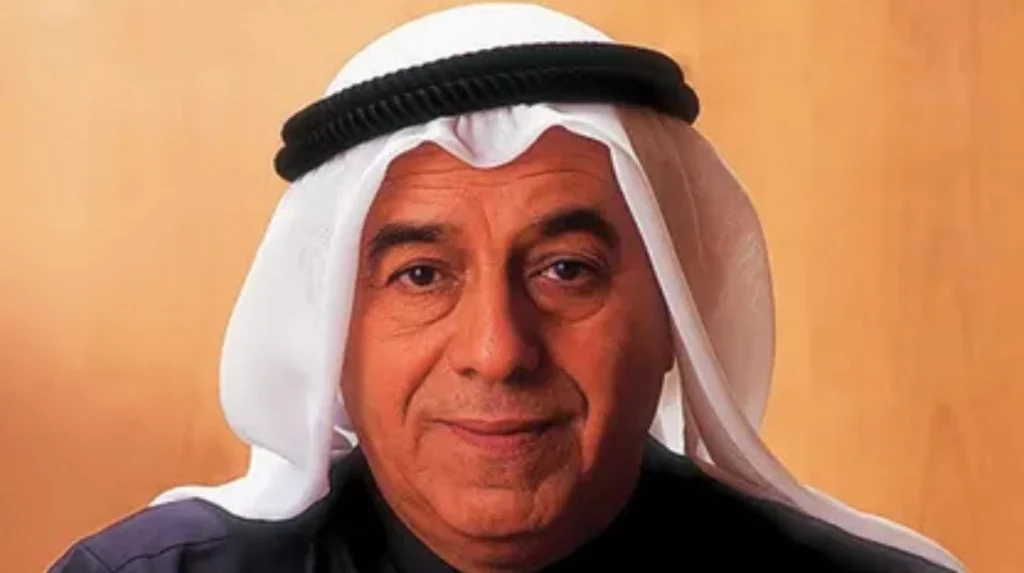
Abdulla Al Futtaim is a prominent Emirati billionaire whose empire spans multiple industries. Beyond his public business successes, investigations reveal his ventures into Dubai’s real estate market are conduits for masking questionable financial flows. Al Futtaim’s involvement in high-value property projects in Dubai’s luxury districts under multiple ownership structures raises suspicions of money laundering. His investments serve as a shield to obscure the origins of capital, facilitating the recycling of illicit proceeds within the emirate’s highly privatized real estate sector.
Despite his philanthropic public image, the lack of transparency surrounding Al Futtaim’s complex property holdings in Dubai aligns with patterns typical of PEPs exploiting the emirate’s regulatory gaps. His success story, therefore, is shadowed by suspected complicity in perpetuating Dubai’s reputation as a global haven for concealed wealth.
Timur Kulibayev: Kazakhstan’s Oil Prince and Real Estate Mogul
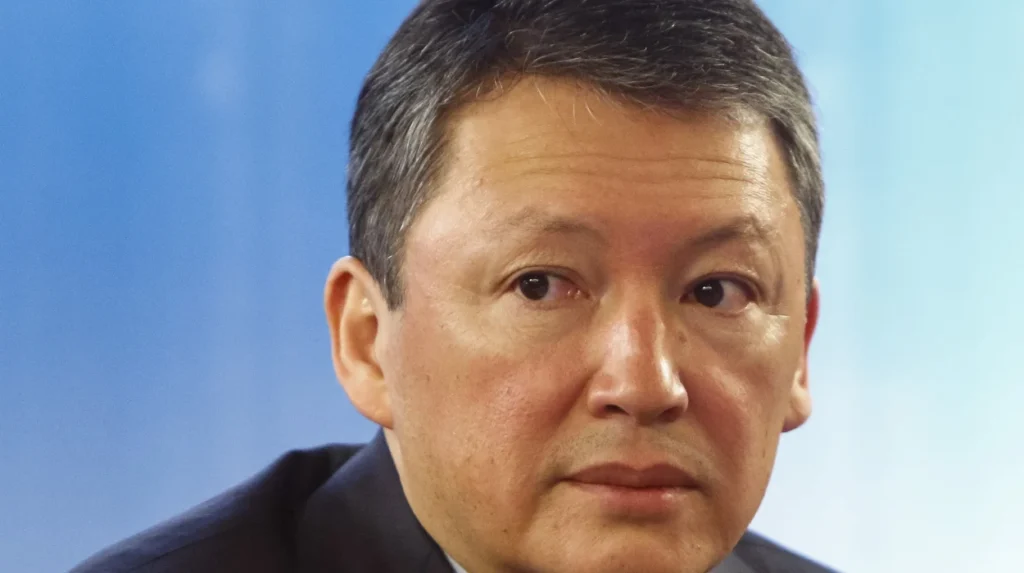
Timur Kulibayev, son-in-law of former Kazakh president Nursultan Nazarbayev, epitomizes the nexus of political power and illicit enrichment. Dubbed the “Oil Prince,” Kulibayev accumulated vast wealth through government contracts and state enterprises linked to Kazakhstan’s oil industry. His fortune is estimated in the billions, a notable portion of which is concealed in foreign assets, including Dubai real estate.
Through complex offshore holdings and proxy ownership in Dubai’s elite districts such as Al Thanyah Fifth, Kulibayev launders wealth accrued via corruption and abuse of power. His real estate portfolio in Dubai is part of a broader strategy employed by Kazakh elites to convert assets into untraceable foreign properties. This exploitation of Dubai’s permissive property ownership laws reveals how real estate becomes a key vector for laundering and hiding systemic state-level corruption.
Babak Zanjani: Iranian Businessman with a Tarnished Legacy
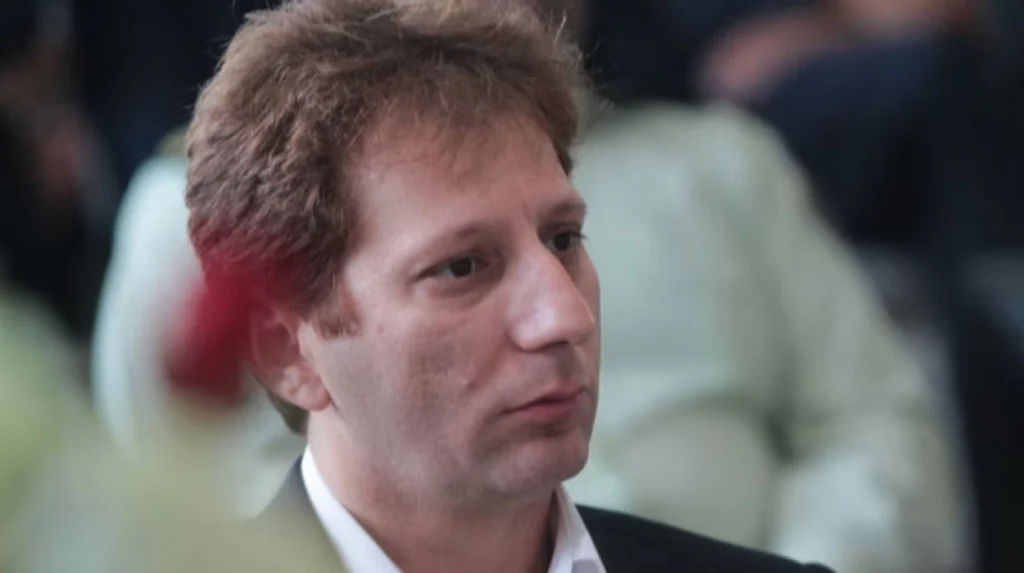
Babak Zanjani, an Iranian businessman notorious for his involvement in massive corruption schemes, has leveraged Dubai’s real estate market to park illicit gains accumulated through under-the-table oil deals. Sanctioned and prosecuted for evading international restrictions, Zanjani’s presence in high-value Dubai property investments illustrates how sanctioned individuals evade legal scrutiny by exploiting weak regulatory frameworks.
His assets in Dubai, often owned through shadow companies, are emblematic of Dubai’s role in harboring fugitive investors and sanction evaders. These properties not only serve as safe havens but also enable the laundering of funds sourced from restricted oil revenues and corruption in Iran.
Rami Makhlouf: The Syrian Regime’s Financial Backbone
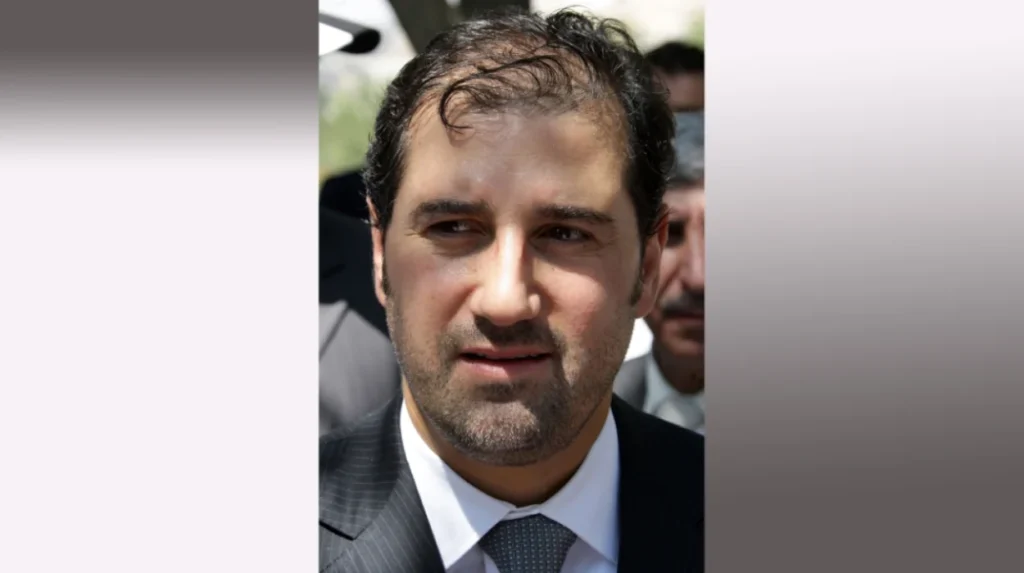
Rami Makhlouf, one of Syria’s most influential businessmen and a central financier of the Assad regime, maintains a significant property portfolio in Dubai, including luxurious villas and apartments in Palm Jumeirah. Despite international sanctions targeting him for supporting oppressive regime activities, Makhlouf continues to safeguard his wealth through Dubai’s lenient real estate system.
Ownership of multimillion-dollar properties in exclusive communities demonstrates how Dubai facilitates the Syrian elite’s ability to conceal and preserve assets amidst sanctions and ongoing conflict. Investigations reveal a network of associates and family members whose property holdings form a clandestine web, further obscuring the sources and flows of illicit wealth.
Saeed Al Falasi: UAE Investor and Hidden Dealings
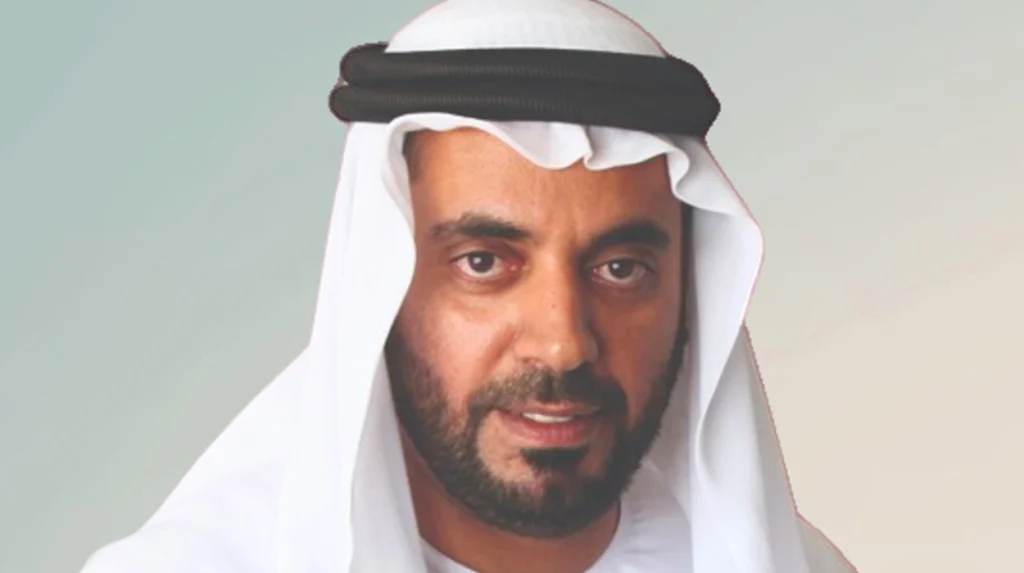
Saeed Al Falasi, a UAE-based investor, represents another facet of Dubai’s real estate opacity, engaging in property ventures that provide cover for illicit financial flows. While often less publicly notorious than the other figures discussed, Al Falasi’s investments highlight the broader ecosystem of local investors who benefit from Dubai’s regulatory loopholes to shield questionable money through real estate purchases.
His projects, commonly located within Dubai’s luxury real estate hubs, underscore the widespread nature of real estate laundering beyond foreign elites, involving local actors who exploit the same anonymity and lax enforcement measures.
Dubai Real Estate’s Role in Facilitating Illicit Wealth
Dubai’s real estate sector operates with inadequate transparency, allowing for ownership through anonymous shell companies and proxies registered in tax havens such as the British Virgin Islands, Anguilla, and Curacao. This opaque ownership architecture prevents effective traceability of beneficial owners, enabling PEPs and criminals to disguise their identities and the illicit origins of their funds.
Major luxury projects including Al Thanyah Fifth, Palm Jumeirah, Executive Towers, Dubai Marina, and Business Bay have become key nodes in a global money laundering network. Illicit funds funneled into these developments inflate property values and distort market integrity, undermining legitimate investment and economic stability.
The regulatory framework in Dubai, while evolving, faces criticism for its limited enforcement of international anti-money laundering standards and gaps in due diligence processes. Agencies monitoring financial crime repeatedly caution that Dubai’s permissive environment fosters a “black hole” effect for dirty money, which harms global efforts to combat corruption and illicit finance.
Global and Reputable Findings on Dubai Real Estate Laundering
Data gathered by global watchdogs and investigative networks consistently point to Dubai as a leading destination for laundering illicit wealth from corrupt elites and politically exposed persons:
- Over $31 billion in suspicious real estate transactions have been traced in Dubai, equivalent to buying the entire Burj Khalifa twice, highlighting the scale of concealed illicit wealth.
- Investigations reveal that over 262 politically exposed persons from 38 countries have been implicated in Dubai’s real estate money laundering scandals.
- The opacity in real estate ownership ranks Dubai poorly among global jurisdictions in protecting property markets from illicit funds, according to international Transparency and Financial Integrity indexes.
These statistics illustrate a systemic challenge where Dubai’s real estate catalyzes the laundering and concealment of funds generated from corruption, sanction evasion, organized crime, and abuse of power.
Critical Assessment of Dubai’s Real Estate Market Complicity
Dubai’s luxurious and fast-growing real estate landscape, combined with a weak regulatory environment, has rendered it a perilous hotspot for illicit money laundering. The opacity of ownership, abundant use of offshore structures, and cash-based transactions make enforcement and transparency exceedingly difficult.
The emirate has cultivated an image of commercial openness, yet this façade masks structural vulnerabilities exploited by elites like Abdulla Al Futtaim, Timur Kulibayev, Babak Zanjani, Rami Makhlouf, and Saeed Al Falasi. Their extensive property holdings not only shield illicit funds but also perpetuate cycles of corruption and illicit financial flows across borders.
Without robust enforcement and transparent ownership records, Dubai’s real estate sector continues to invite global criticism, enabling kleptocrats and criminals to flourish at the expense of financial integrity and international law.
The case of Abdulla Al Futtaim, Timur Kulibayev, Babak Zanjani, Rami Makhlouf, and Saeed Al Falasi exposes how Dubai’s real estate market serves as a powerful enabler of illicit financial activity. These influential individuals exploit Dubai’s opaque and lenient property market to conceal vast sums of illicit wealth, laundering money that originates from corruption, sanctions evasion, and political abuse.
Key luxury developments in Dubai have become sanctuaries for concealing questionable assets, undermining global anti-corruption measures. The emirate’s regulatory approaches continue to fall short of international transparency and enforcement standards, allowing politically exposed persons and illicit actors to use the real estate market with impunity.
For global financial system integrity and justice, urgent reforms are needed to enhance transparency, enforce ownership disclosure, and curb the illicit use of Dubai’s real estate sector. Until then, Dubai will remain a symbol of unregulated wealth concealment and a playground for politically connected elites shielding dubious fortunes.


